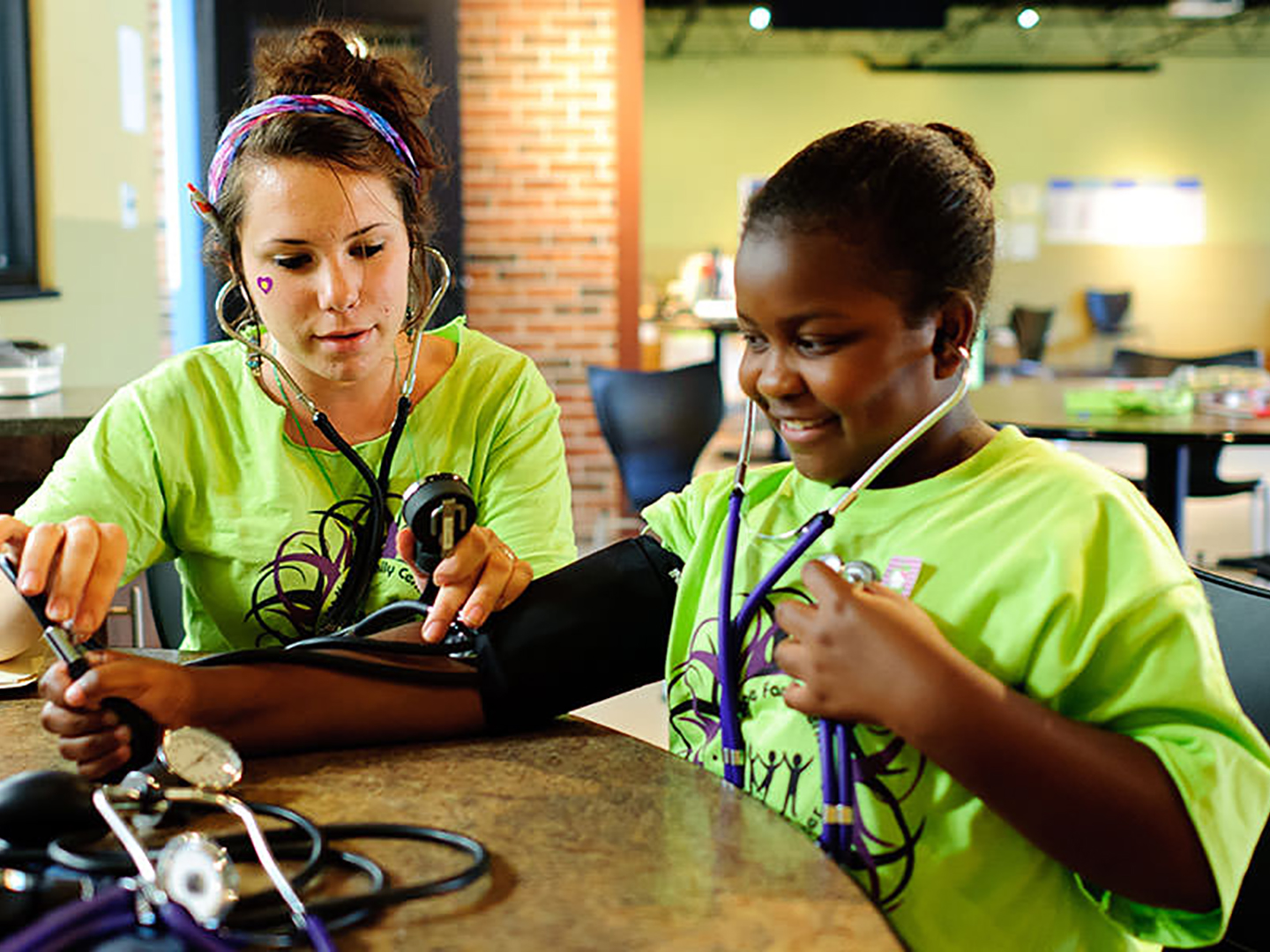











Research conducted at Mt. Hope Family Center is dedicated to highlighting developmental processes in typical and atypical development. Mt. Hope Family Center has a strong integrated research program emphasizing both basic research on human development and mental health and translational research design and evaluate preventive and clinical interventions.
Mt. Hope Family Center houses one of only three NIH-funded P50 Centers of Excellence in child maltreatment research in the country. Learn more about our TRANSFORM Research Center.
Our research is formulated from a developmental psychopathology perspective that emphasizes the diverse developmental trajectories that emerge from exposure to adversity occurring across the life course. A strong foundation in theory and interdisciplinary, multi-level methodologies contributes to a rich understanding of complex developmental processes. Both typical and atypical developmental processes are investigated, with special emphasis placed on those pathways contributing to adaptation/maladaptation, psychopathology, and resilience. Investigations examine the inter-relations among psychological, familial, social-contextual, and biological (e.g., genetic, neuroendocrine, neurophysiological) processes and how interactions across these systems influence development and may be altered in response to intervention.
Mt. Hope Family Center embodies the objectives of translational research. Basic research studies form a foundation for translating knowledge gained about typical and atypical development into prevention and intervention initiatives. The clinical effectiveness of these prevention and intervention programs are subsequently evaluated in rigorous clinical trials to establish an evidence base for their utility. Clinical trials also offer unique opportunities to examine developmental theories. Insights gained from clinical trials inform further basic scientific investigations of development, psychopathology, and resilience.










